Nov. 8, 2018. The Supreme Court has denied yet another request by the federal government to dismiss Juliana v. United States, bringing the landmark climate case one step closer to a trial.
The trial was scheduled to begin on Oct. 29 in Eugene, OR, but a last-minute motion filed by the Trump administration on Oct. 18 sought to derail these plans. And it seemed to have worked, as Chief Justice Roberts granted the government a stay the following day and put a hold on the scheduling of the trial. But, for the federal government, that relief was only temporary. A court order released two weeks later, on Nov. 2, vacates Justice Robert’s Oct. 19 order and denies the government’s request for a dismissal, although it does maintain that “adequate relief may be available in the United States Court of Appeals for the Ninth Circuit.”
The lawsuit that pits 21 young Americans against the federal government was originally filed in 2015 in the Oregon U.S. District Court. It is founded on the notion that the government violated public trusts rights by promoting policies that harm the environment and fail to address climate change. Initially filed against then-President Barack Obama, a 2016 amendment names President Donald Trump as the lead defendant. Represented by Our Children’s Trust, along with Earth Guardians and Dr. James Hansen, the 21 plaintiffs are between 13 and 22 years of age, and they come from all over the country. 11 of them live in Oregon.
Since then, the case dubbed by some as “the trial of the century” has seen its fair share of hemming and hawing. The U.S. Dept. of Justice first requested a flat-out dismissal during pre-trial hearings in March of 2016, arguing that the courts were not the proper venue to settle such an issue, and that the constitution mentions neither pollution nor the government’s responsibility to regulate it. This request was denied in November of that year in a monumental decision written by Oregon District Court Judge Ann Aiken. In the decision, Aiken writes that a healthy climate is a fundamental constitutional right, and she acknowledges that “air, running water, the sea, and consequently the seashore” are public trust assets that the trustee—in this case the federal government—has a duty to protect.
Aiken’s groundbreaking decision paved the way for a District Court trial date to be set for Feb. 5, 2018, but the issue was taken up by the U.S. Court of Appeals for the Ninth Circuit in November of 2017 at the request of the Trump administration. As a result, the trial was rescheduled for Oct. 29, 2018.
Since then, the administration has made repeated attempts to either delay the trial or have it dismissed. Two of these motions were denied by Judge Aiken in October of this year, just two weeks before the trial was slated to begin. And by denying the government’s most recent request on Nov. 2, the Supreme Court has offered up a resounding “no” to the federal government’s pleading.
A new trial date has not yet been set, however, and the Trump administration has already filed a new set of appeals with both the U.S. District Court and the Ninth Circuit. So, for now, the fate of Juliana v. United States seems to be up in the air. And while the federal government continues to encourage resource extraction, support fossil fuel production and evasively tune out the voices of America’s youth, that air will continue to get dirtier and dirtier. The evidence is piling up, kids.


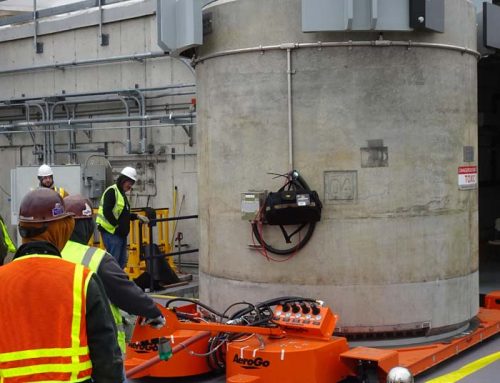
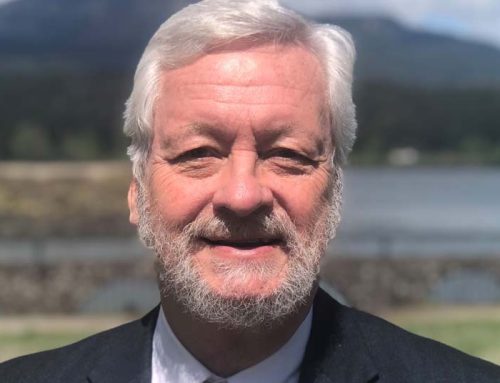

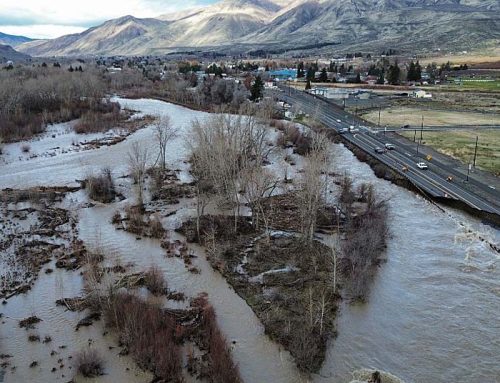
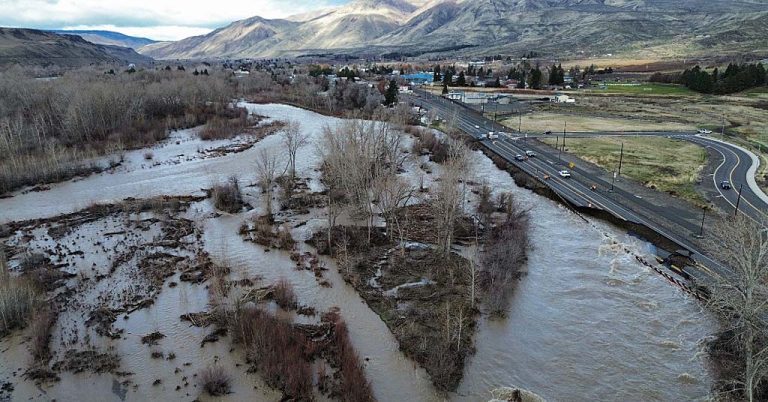
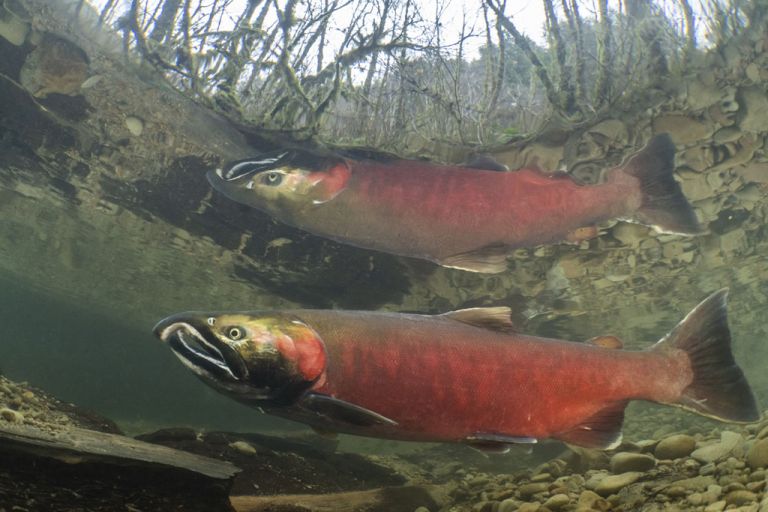

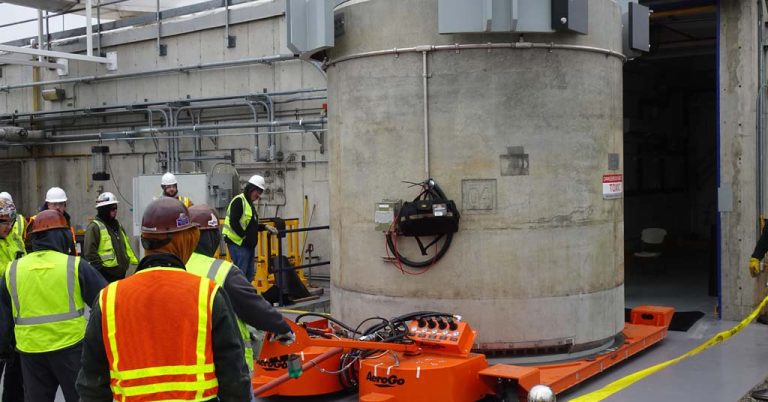


We need to learn n listen to the children, they will inherit this earth n have to repair it.